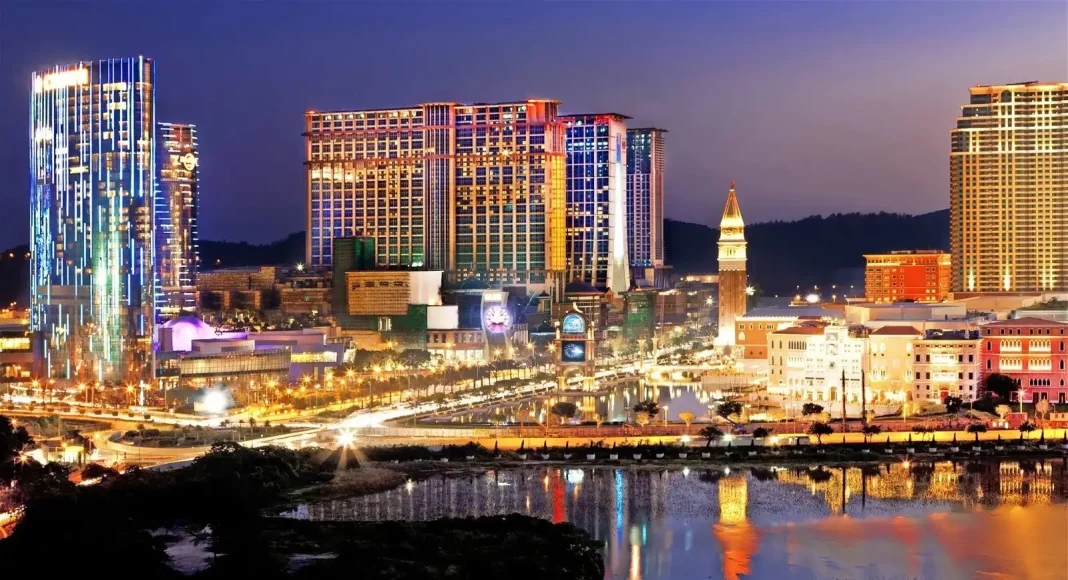The fight for market share among Macau gaming operators is becoming a concern among investors, while the Asia gaming hub is expected to experience a moderating pace of revenue recovery in 2024.
After an impressive rebound in 2023, Macau gaming companies are facing intensifying competition and normalizing visitation. Therefore, 2024 is expected to be a year of finding a new normal.
Based on research from CLSA, analysts Jeffrey Kiang and Leo Pan indicate that the pace of GGR normalization will be the key focus this year, particularly ‘the growth trajectory of mass revenue, which has already largely normalized in 4Q23.’
Last year, Macau’s GGR returned to 74 percent of pre-COVID levels in October, as that month recorded the highest monthly GGR since the pandemic outbreak in early 2020.
Additionally, Macau’s tourism demonstrated an improved appeal as a travel destination, with the length of stay being extended. At the same time, Macau had ‘healthier’ and ‘steady’ visitation compared to its neighbor Hong Kong.
However, the analysts say these conditions were ‘not enough’ to offset the market’s concern, particularly with the weakness of the renminbi and China’s economic headwinds.
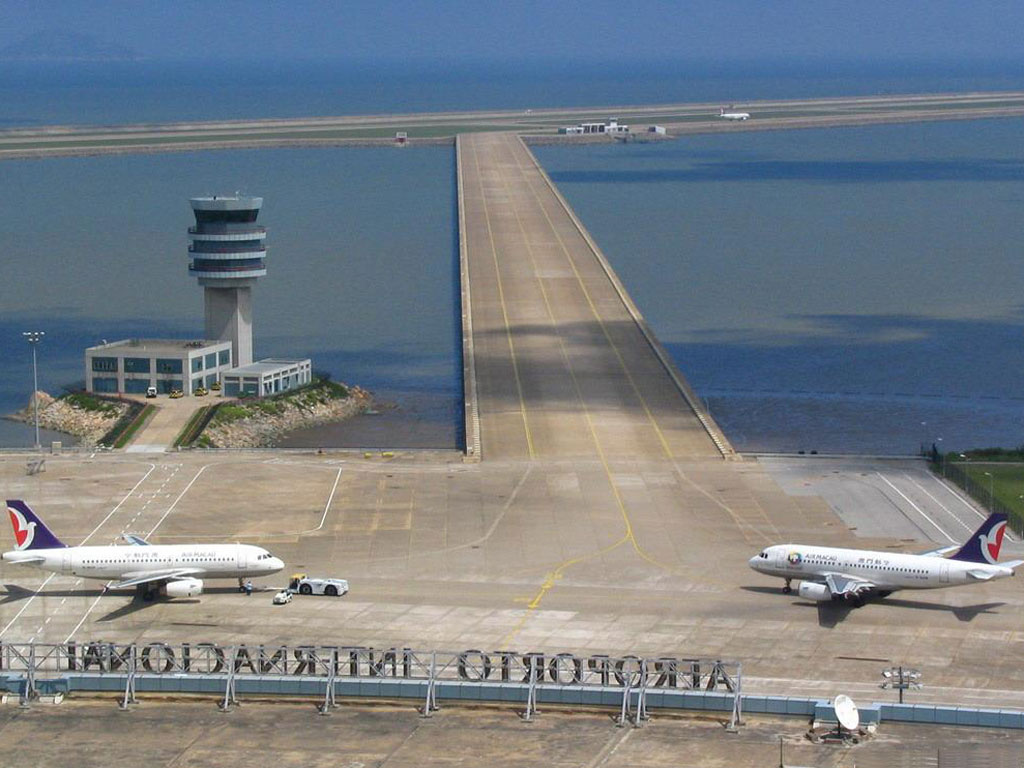
Flight capacity still ramping up, competition intensifying
Flight capacity recovery is one of the factors that restrain Macau’s visitation recovery. In this context, analysts believe that normalization of visitor arrivals in Macau shall continue, as visitations in October reached 2.7 million, representing 86 percent of October 2019’s level. In particular, visitations from China were 83 percent of their respective pre-COVID level.
The base case calculation model assumes that Macau’s visitations would be 10-19 percent above the pre-COVID level from September 2024 onwards.
Despite the optimistic outlook for visitor arrivals, CLSA says that the market focus continues on rebates and reinvestments in premium gamblers, which have recorded a ‘meaningful pick-up across the board in 2023 thus far compared with 2019 levels’.
With new properties opened in Cotai in 2023, such marketing expenses will likely remain elevated, similar to the years from 2016 to 2018. The research finds that the sector’s quarterly rebates in all premium segments (VIP and premium mass) increased from $707m in 1Q23 to $1.1 billion in 3Q23.
As a percentage of the city’s total GGR, rebates in 9M23 equated to roughly 17-18 percent of Macau’s total GGR, below the average of 22 percent from 1Q17 to 4Q19, the period when junkets’ presence was heavier.
The latest quarterly rebates and reinvestments of $1.1 billion in 3Q23 were still 46 percent below 3Q19’s level.
‘Although operators unanimously stated in the latest results briefings that they will only compete on quality (rather than on prices), an increasing trend of rebates and reinvestments still suggests competition is intensifying in the sector,’ it noted.
CLSA expects that the sector’s aggregate rebates and reinvestments will amount to roughly 17-22 percent of the total GGR going forward.
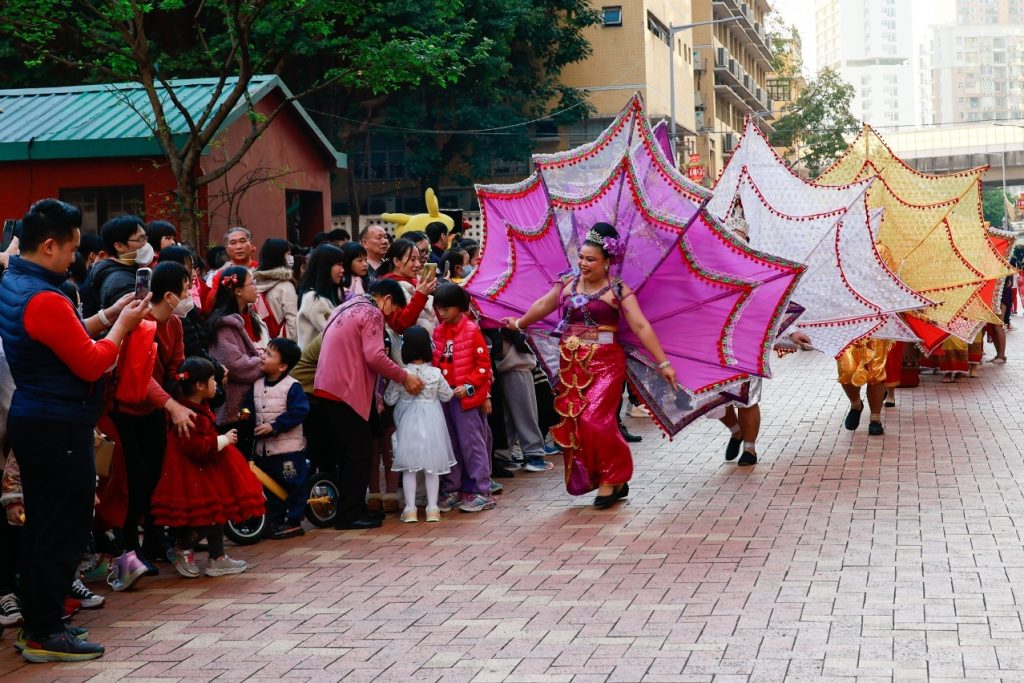
Enhancing attractiveness
The research team observes that Macau recorded a longer average length of stay, with 1.62 nights in 2023 versus 1.45 nights in 2019, while solid visitations from Hong Kong and Southeast Asia, which had normalized in March and October, respectively.
Moreover, gaming operators’ spending in non-gaming is also expected to drive visitations to Macau, with entertainment events such as concerts being the biggest driver.
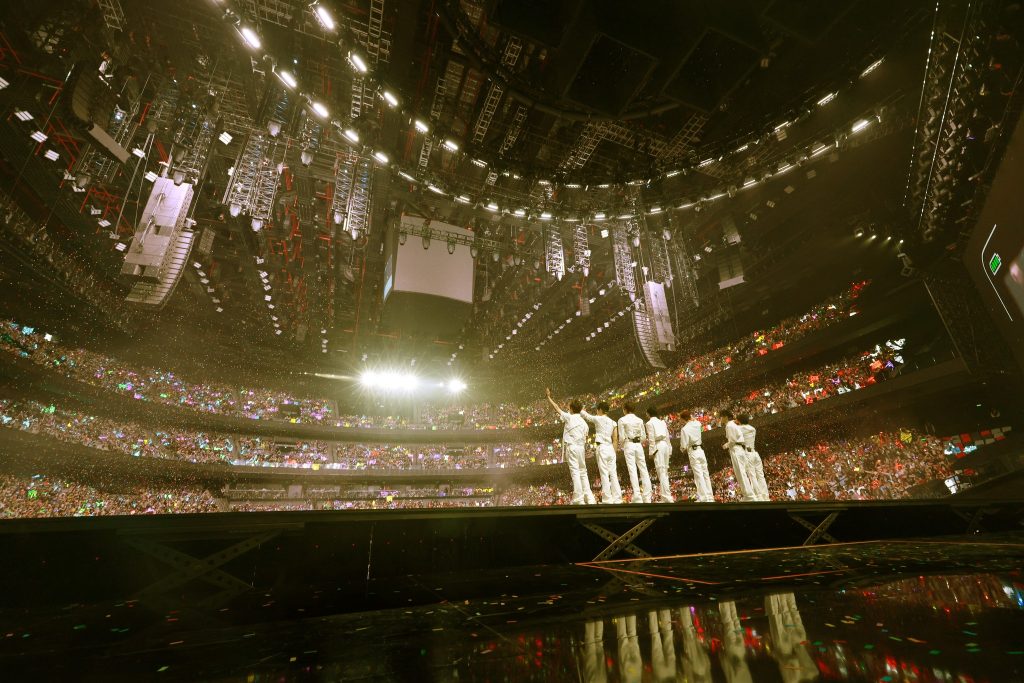
Concerts helping share expansion, but no guarantee
Macau authorities have set a goal to build Macau as a City of Art Performing. In this context, analysts note that multi-night concerts generally ‘bode well for gaming revenue market share expansion for the hosting operator,’ with Melco and Sands China experiencing month-over-month market share expansion in April, May, June, and July 2023.
On the other hand, in order to raise the chance of translating into higher gaming revenue from concert-goers, CLSA suggests that these concerts should target age groups with solid spending power (e.g., Generation X).
However, not all concerts have resulted in revenue market share expansion for operators hosting the events. According to its calculation, Galaxy’s market share contracted by 0.5 percent in May despite hosting Blackpink’s concert at Galaxy Arena, and Sands China recorded a 1.5 percent contraction in October despite hosting Eason Chan’s concerts at Cotai Arena.
Currently, only Sands China (Cotai Arena), Galaxy (Galaxy Arena), and Melco (Studio City Event Center) have arenas for concerts within their own properties.
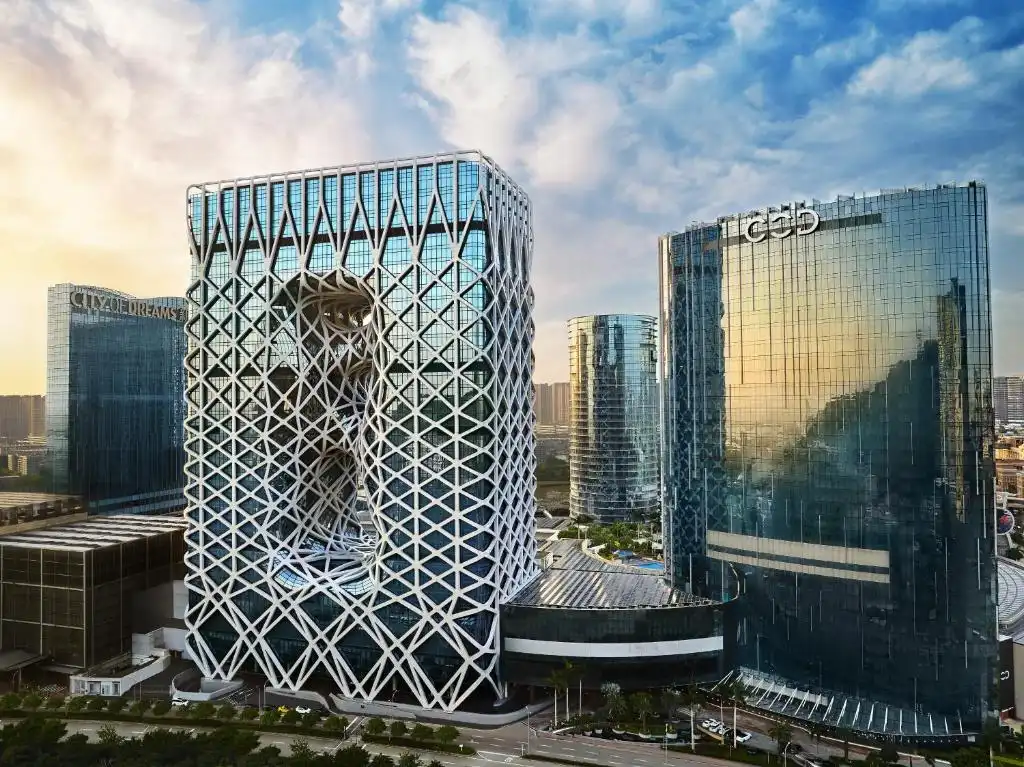
No strong balance sheet for share buybacks
Rather than Galaxy Entertainment, Macau gaming operators don’t have strong balance sheets for buybacks, indicates the brokerage.
Currently, debt reduction remains the highest capital allocation priority for operators.
CLSA notes that Melco has experienced exacerbated the impact of the selloff last year, as historically, the company has spent an aggregate $2 billion on buying back shares between 2014 and 2022. In contrast, it has done minimal/no buybacks to support its share price amid the recent sell-offs.


